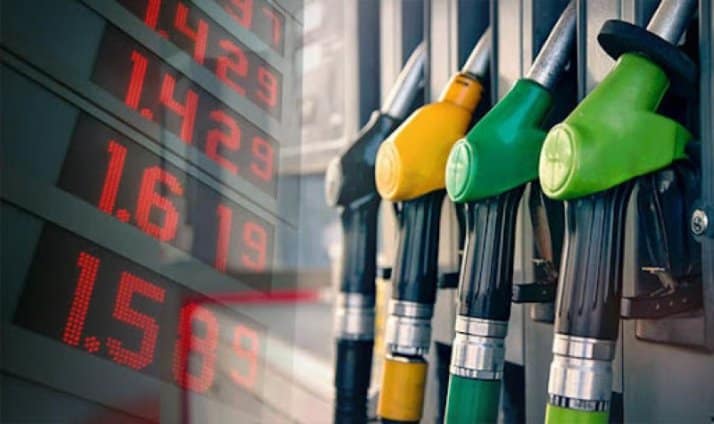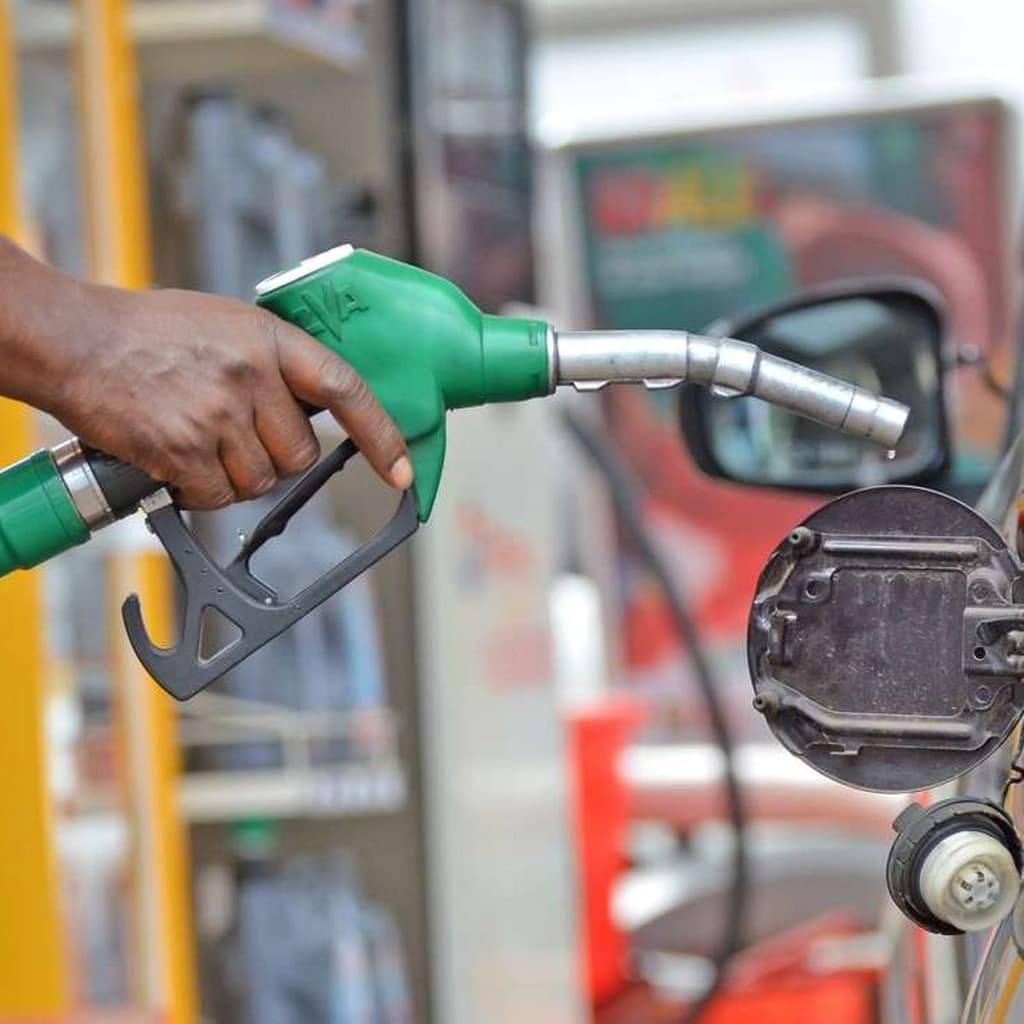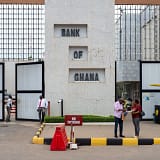News
Cheaper Fuel Ahead! Petrol Could Sell as Low as GHS 12 per Litre
Published
6 months agoon
By
M N Ridwan
Ghanaians could soon see some relief at the pumps, as fuel prices are projected to drop by between 5% and 9% in the upcoming pricing window, according to a new forecast by the Africa Sustainable Energy Centre (ASEC).
The expected decline is largely credited to the recent strengthening of the Ghanaian cedi against the US dollar, which has made it cheaper for oil marketing companies to import petroleum products.
In Ghana, fuel prices are reviewed every two weeks, factoring in global crude prices, currency exchange rates, and import costs.
For the next pricing window, petrol is projected to sell between GHS 12.00 and GHS 12.60 per litre, while diesel is expected to retail between GHS 12.60 and GHS 13.20, based on ASEC’s market assessment.
While global oil prices have also dropped—from about $85 per barrel in January to around $64 per barrel now—ASEC emphasized that the cedi’s improved value has had a more immediate impact on the expected price reductions.
“The current exchange rate gains mean importers are spending fewer cedis for every dollar of fuel purchased, and this is expected to be reflected in lower pump prices,” ASEC said in a public statement.
The think tank added that this comes as welcome news for households and businesses already struggling with the rising cost of living.

However, ASEC also issued a word of caution: the drop in international oil prices could hurt government revenue, as Ghana depends on petroleum exports for foreign exchange and budget funding.
ASEC suggested that the government may need to ramp up production volumes to cushion the potential loss.
“If global oil prices remain low, unless offset by exchange rate gains, the government could face shortfalls in petroleum revenue,” the centre explained.
Looking ahead, ASEC forecasts that crude oil prices may remain between $62 and $65 per barrel for the rest of the year.
This is due to increased output from OPEC+ countries and lower demand from major economies like the US and China.
As the country continues its economic recovery, ASEC encourages a careful balance between consumer relief and long-term energy security. It promised to keep monitoring the market and provide guidance for sound national policy.






